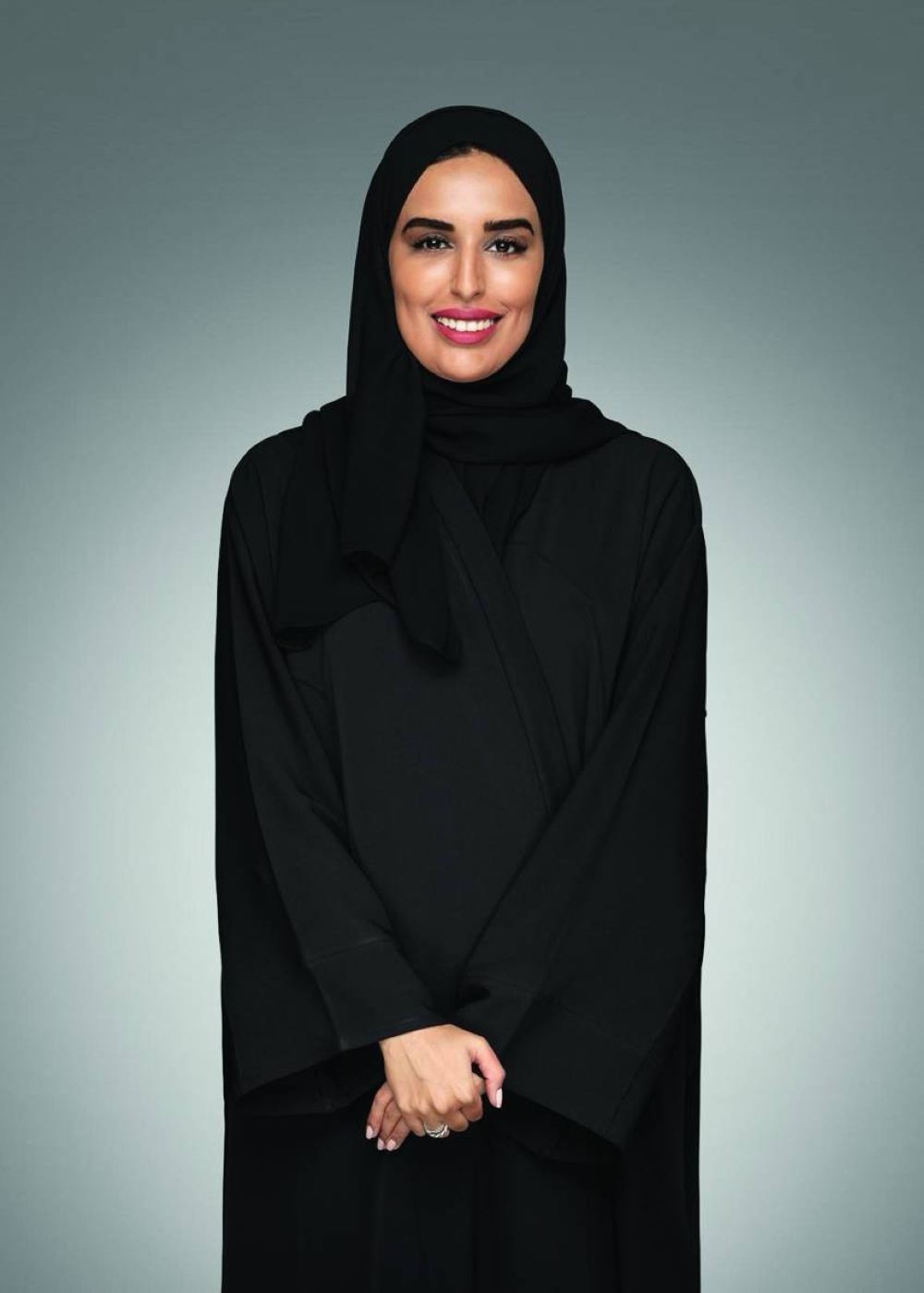Cultural diversity is a fundamental pillar of sustainable development, as it enhances social cohesion, stimulates innovation, and deepens mutual understanding, said Maryam al-Saad, the chief executive of the Katara Public Diplomacy Centre and head of International Affairs at Katara.
She emphasised that Katara Cultural Village is committed to transforming this diversity into sustainable projects that integrate culture into the core of development strategies and contribute to building a more inclusive and balanced society.
In remarks to the Qatar News Agency (QNA) on the occasion of the World Day for Cultural Diversity, observed annually on May 21, al-Saad said that the occasion marks an important milestone to renew Katara’s – and the international public diplomacy network’s – commitment to the values of pluralism and openness.
It is a time, she said, to celebrate humanity’s cultural richness and promote dialogue and understanding among peoples, affirming that cultural diversity is not only a source of richness but also an effective tool for building peace and fostering rapprochement among societies.
Al-Saad highlighted that Katara has launched numerous initiatives that promote cultural diversity, most notably the “Cultural Diversity Festival”, which features participation from more than 20 countries worldwide.
In addition, she stated, Katara regularly hosts cultural festivals, national days and weeks, joint art exhibitions, and workshops featuring international artists and creatives; events that allow visitors to engage with diverse cultures and appreciate their unique attributes.
Al-Saad added that Katara’s multinational events provide a vibrant platform for the convergence of cultures and civilisations, where each culture presents its narrative to the world in a dynamic and human-centred manner.
This, she stressed, contributes to breaking down stereotypes, opening new pathways for dialogue and understanding, and promoting values of coexistence and tolerance both locally and globally.
On the topic of cultural diplomacy, al-Saad said that Katara regards it as a strategic tool for achieving sustainable development by promoting human values and cross-border understanding.
In this regard, the official said that Katara integrates cultural diplomacy into its projects, while the International Public Diplomacy Network expands this mission globally through partnerships with cultural institutions in various countries.
On the network’s vision for promoting cultural public diplomacy, al-Saad stated that the network views culture not merely as an aesthetic expression but as a tool for positive influence and constructive dialogue.
The network, she said, works to leverage public diplomacy to showcase local cultures on the global stage and foster shared human understanding through interactive platforms and international initiatives that connect peoples and institutions.
The official cited some of the network’s key initiatives aimed at promoting cultural diversity globally, including the European Language Day, held in co-operation with the European Union and European embassies in Doha.
This event offers valuable cultural and linguistic insights by showcasing the diversity of European languages and cultures.
Al-Saad noted that this initiative has enabled each European country – such as Sweden, Spain, Portugal, Greece, and Italy – to share its language and cultural identity and build meaningful dialogue with diverse communities.
Other initiatives by the network highlight unique experiences from different societies and foster partnerships with the United Nations Educational, Scientific and Cultural Organisation (Unesco) and cultural centres to implement expertise exchange programmes.
Al-Saad further emphasised that the network embodies Qatar National Vision 2030 by activating soft power as a force for peace and influence, facilitating cultural dialogue and fostering co-operation in the fields of art, education, and heritage, reinforcing Qatar’s standing as a global cultural hub that champions peace, openness, and innovation.
On the role of youth, she said that the network places particular emphasis on empowering young people as future leaders of public diplomacy.
The official cited initiatives including the “From Clicks to Progress: Youth Digital Pathways for Sustainable Development” campaign, launched in conjunction with International Youth Day 2024, which aims to raise awareness of available opportunities, increase youth participation in community development, and foster a sense of global citizenship.
During its current presidency of the network, Katara also launched the official website and organised workshops and training courses to enhance youth capacities and prepare them to become ambassadors of dialogue and tolerance.
Al-Saad pointed to tangible successes in fostering civilisational dialogue through the network’s initiatives, notably the organisation of international forums that bring together intellectuals and decision-makers from diverse cultures, and the launch of cultural partnership programmes that have promoted understanding between Asian, European, and Arab societies.
She also noted that feedback from participants reflected the positive impact of these efforts in challenging stereotypes and reinforcing mutual respect.
Unesco celebrates the World Day for Cultural Diversity for Dialogue and Development on May 21 each year to emphasise the vital role of intercultural dialogue in promoting peace and sustainable development.
The occasion also highlights the importance of cultural diversity, inclusion, and dialogue as tools for overcoming stereotypes and polarisation, and for improving mutual understanding and coexistence among people of different cultures.

Maryam al-Saad
